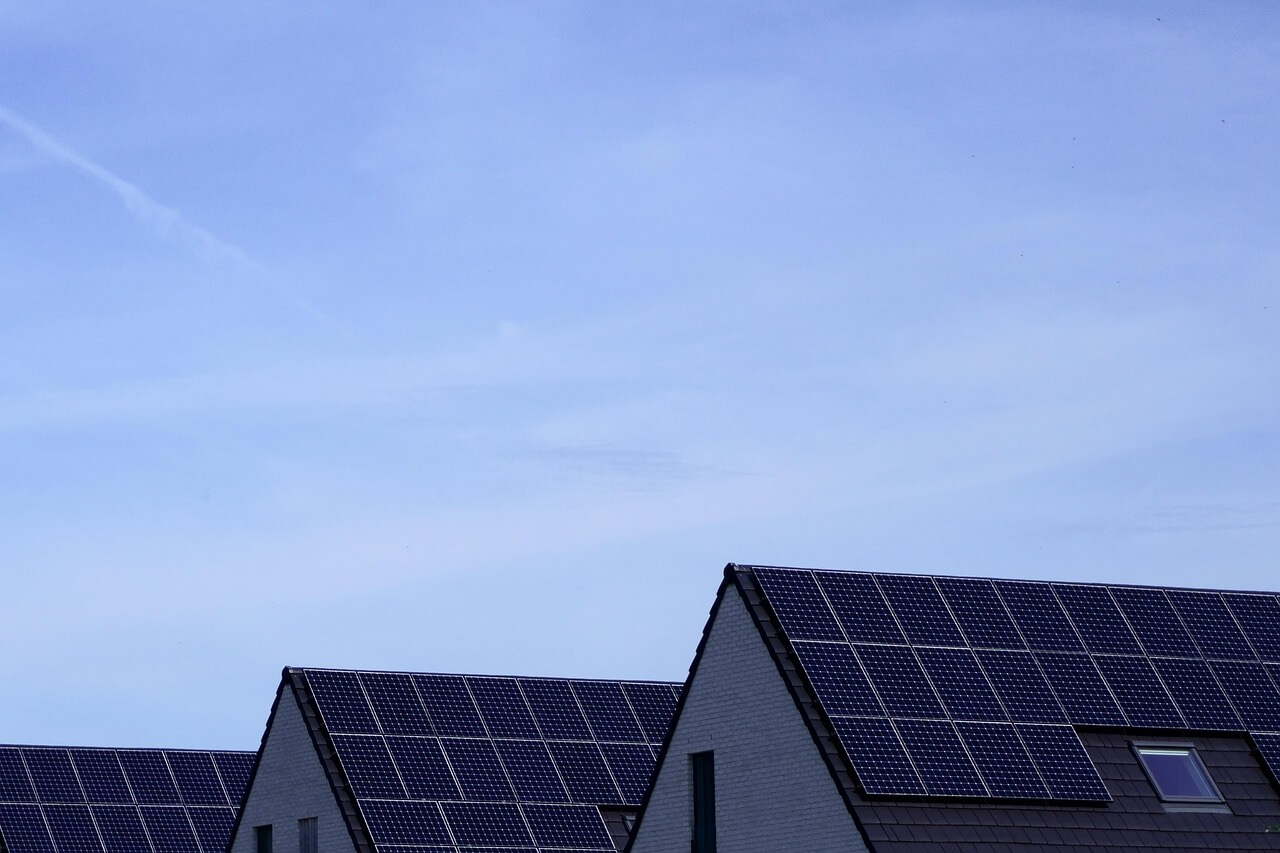SMM, Nov 18: The Brazil Ministry of Development, Industry and Foreign Trade (MDIC) announced on November 15 that the import tariff on PV modules would be increased from 9.6% to 25%. This is the second tariff hike this year, with a 9.6% tariff already imposed on PV modules at the beginning of the year. The increased tariff applies to solar cells assembled into panels or modules. The Executive Management Committee of the Brazilian Foreign Trade Chamber (Gecex-Camex) stated that the tariff increase was aimed at strengthening local production and creating job opportunities in Brazil.
Brazil's domestic PV manufacturing capacity is not high, with module capacity below 5GW, and the expansion rate of local capacity is also slow, unable to meet more than 5% of Brazil's PV module demand. In contrast, Brazil imported over 17GW of PV modules in 2023, and as of September 2024, Brazil imported over 20GW of PV modules, with more than 99% of the imports being Chinese-made PV modules. Therefore, Brazil has a strong dependence on imported modules and a high demand for Chinese modules.
In the context of continuously falling PV module prices this year, although it has significantly boosted Brazil's new installation intentions, the price of imported modules has caused considerable impact on local module prices. Brazil's PV product import certification threshold is relatively low, making the Brazilian market a key sales strategy target for many global PV module producers. Ultimately, the high number of imported modules has led to severe inventory accumulation, with actual demand unable to absorb it. Additionally, the quality of imported PV modules varies, including some low-quality, cheap modules, causing serious negative impacts on the Brazilian PV market. Against the backdrop of a supply surplus, competition in the Brazilian PV module market has become intense, with PV module selling prices in Brazil dropping to $0.08 per watt, and in some cases, even to $0.07 per watt or below. The Brazilian government hopes to prevent intensified competition from imported products through the restoration of import tariffs while also protecting the production and manufacturing of local PV products. Extremely low PV module selling prices are also something that PV module producers do not want to see.
SMM believes that the increase in tariffs is not an absolute negative for Chinese PV modules. In the short to medium term, Brazil will find it difficult to eliminate the need for imported Chinese PV modules, as its PV demand still requires imported products to be met. Additionally, Brazil still has an annual duty-free quota window for PV modules. The increase in tariffs may instead help improve the supply-demand pattern in the Brazilian market, correct the market that is featured by excessive unconventional channel sales and low-quality modules, and is also expected to boost PV module prices in Brazil, helping PV module producers restore some profitability.

![[SMM PV News] Armenia Hits 1.1 GW Solar Capacity,](https://imgqn.smm.cn/usercenter/qQwIB20251217171741.jpg)
![Spot Market and Domestic Inventory Brief Review (February 5, 2026) [SMM Silver Market Weekly Review]](https://imgqn.smm.cn/usercenter/tSwaX20251217171735.jpg)
